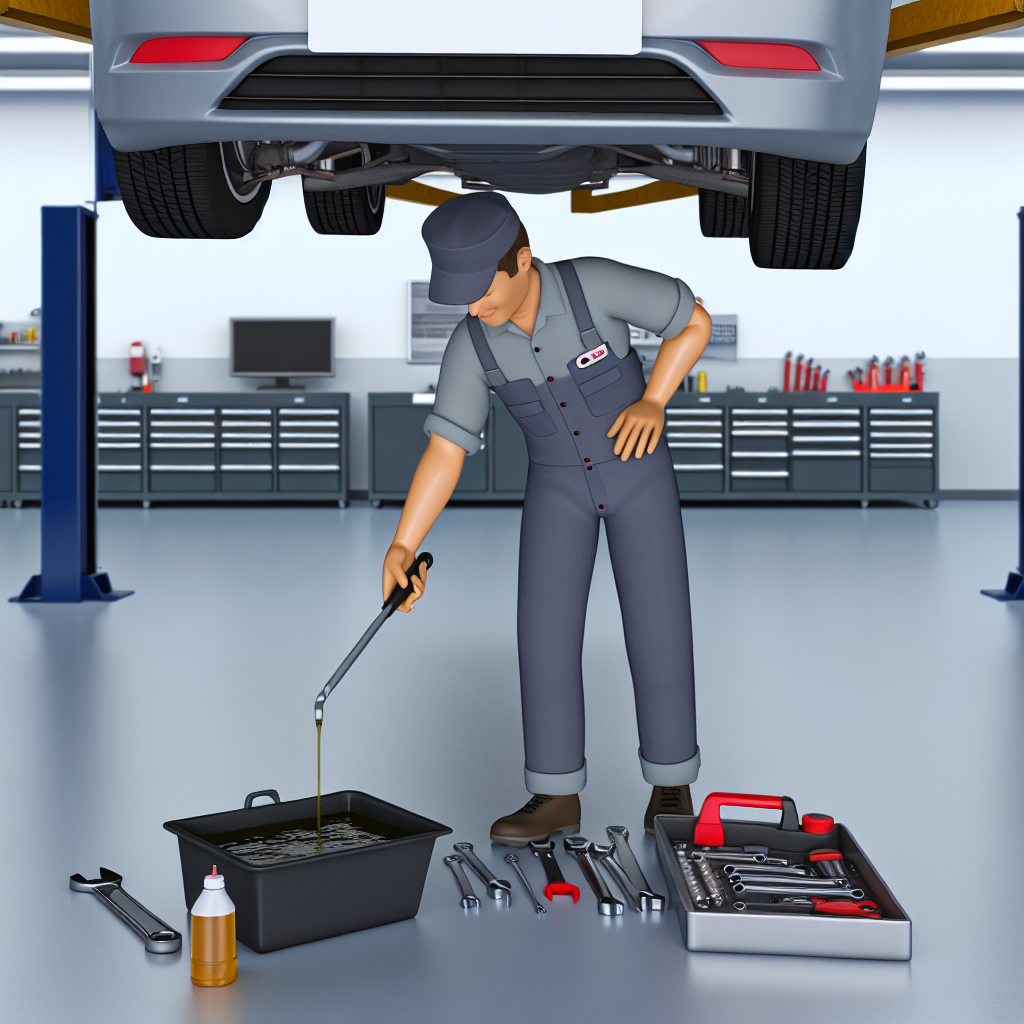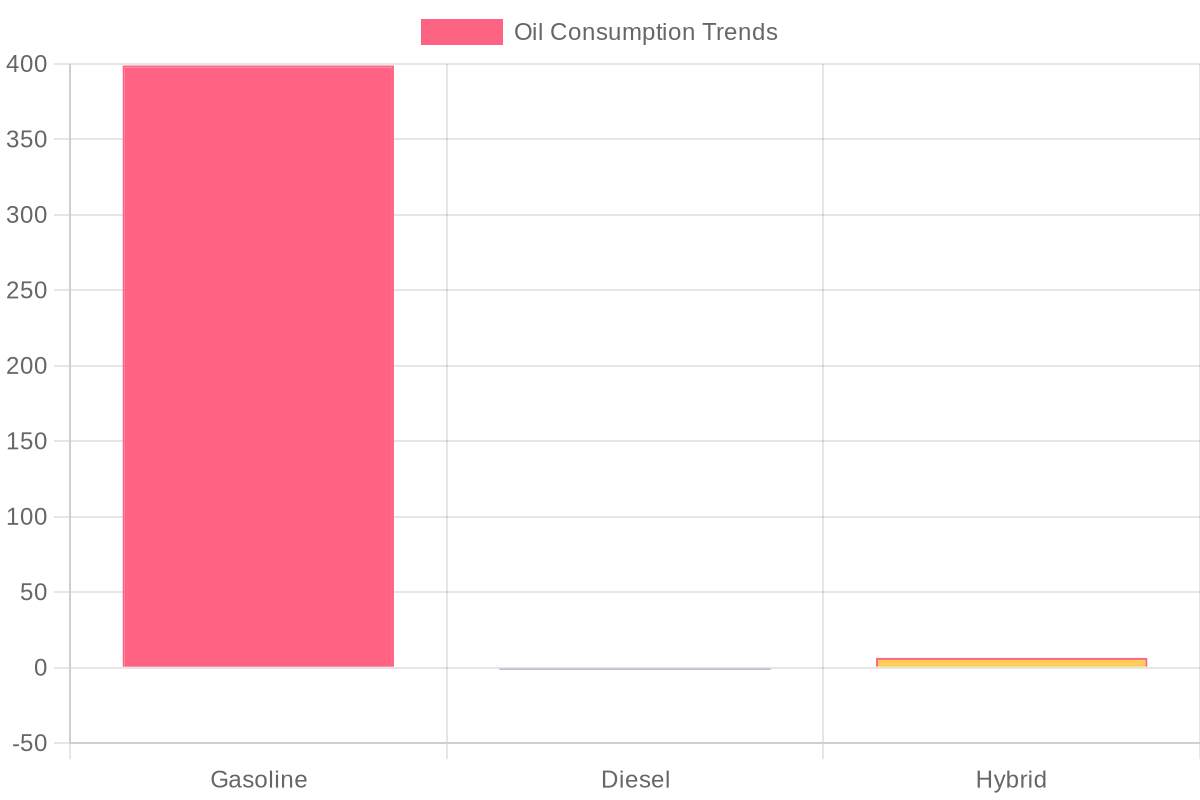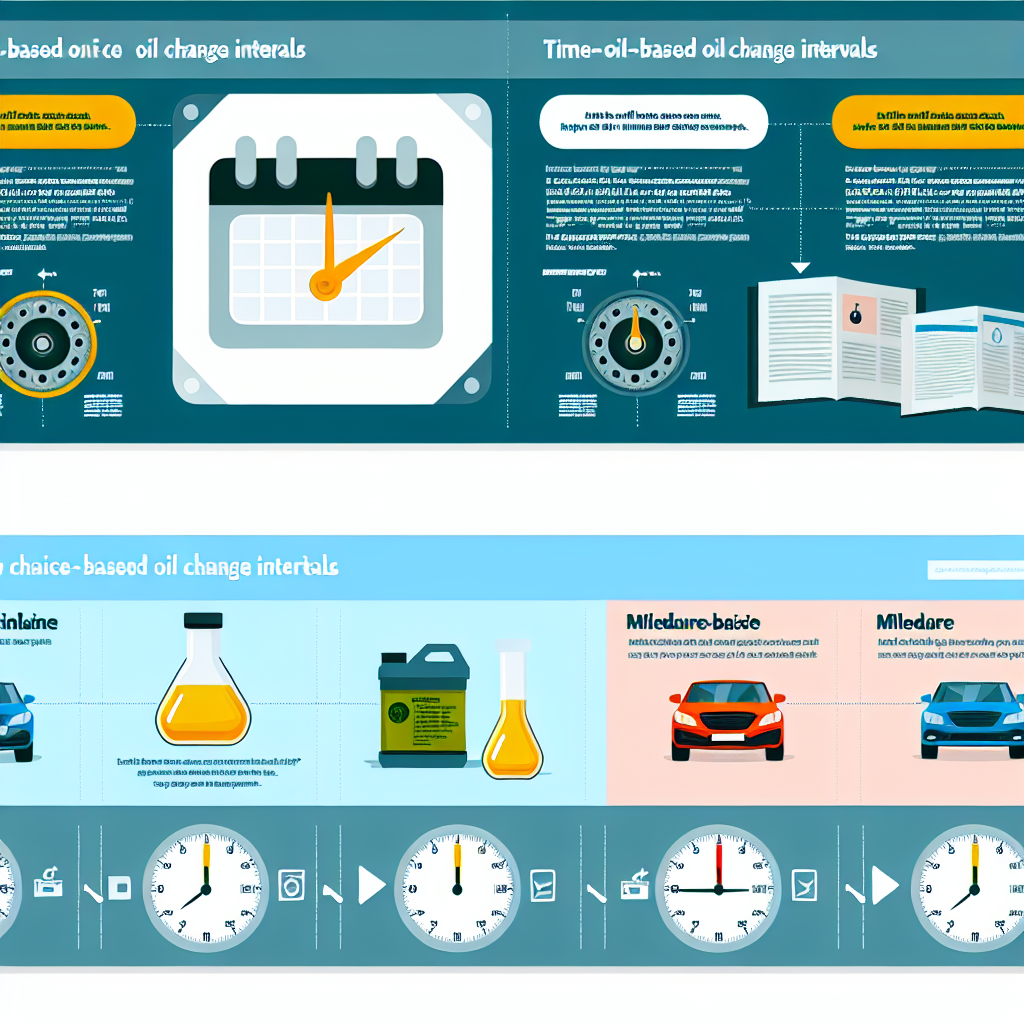In vehicle maintenance, keeping an eye on oil consumption is very important. Oil is essential for internal combustion engines, helping them run smoothly and preventing damage. When drivers notice that their vehicle is suddenly consuming more oil, it can be worrying. This unexpected increase in oil usage can lead to serious problems like engine overheating and costly repairs. If left unresolved, it can even result in engine failure.
Being aware of sudden oil consumption is vital for car owners who want to ensure their car lasts longer and works at its best. Quickly addressing any unusual changes can help prevent significant damage and keep the vehicle running well for years to come.


Sudden oil consumption in vehicles can result from various factors, including internal leaks, worn seals, engine design flaws, and issues specific to certain car models.
Common Causes of Sudden Oil Consumption:
-
Worn Piston Rings and Cylinder Walls: Over time, piston rings and cylinder walls can wear out, allowing oil to seep into the combustion chamber and burn alongside fuel. This is often indicated by blue smoke from the exhaust.
Source -
Deteriorated Valve Stem Seals: Valve stem seals prevent oil from leaking into the combustion chamber. When these seals degrade, especially during startup, oil can seep past them and burn, leading to increased consumption.
Source -
Positive Crankcase Ventilation (PCV) System Malfunctions: A faulty PCV system can cause excessive pressure in the crankcase, forcing oil past seals and gaskets, resulting in increased oil consumption and leaks.
Source -
Turbocharger or Supercharger Leaks: In forced-induction engines, worn turbocharger seals can allow oil to leak into the intake or exhaust stream, where it is burned, leading to higher oil consumption.
Source -
External Oil Leaks: Damaged gaskets and seals, such as valve cover gaskets or oil pan gaskets, can lead to external oil leaks, contributing to oil loss.
Source
Specific Car Models Known for Oil Consumption Issues:
- 2010-2015 Audi Q5: Some Audi Q5 models from this period have been reported to experience excessive oil consumption. This issue is often attributed to piston ring wear and PCV system malfunctions.
- 2012-2019 BMW M5: Certain BMW M5 models within these years have been noted for higher-than-normal oil consumption. Factors include engine design characteristics and potential issues with valve stem seals and piston rings.
Owners of these models experiencing sudden oil consumption are advised to consult with a qualified mechanic or dealership to diagnose and address the issue promptly.
Driving with an illuminated oil light is unsafe for the motor and could grenade the engine if the sump runs dry. Neglecting to address this warning can lead to catastrophic engine failure, emphasizing the significance of keeping a vigilant check on oil metrics. Ignoring such indicators not only jeopardizes the vehicle’s performance but also poses serious safety risks. Regular maintenance and prompt attention to oil levels can avert significant damage to the engine.
Preventative Measures to Avoid Sudden Oil Consumption
Maintaining your vehicle’s engine through proper oil management is essential for its longevity and optimal performance. Key practices include:
1. Regular Oil Changes
Consistently changing your engine oil removes contaminants and prevents sludge buildup, reducing oil consumption and enhancing engine efficiency. Regular oil changes help extend the life of the engine and are vital for maintaining its performance. Keep an eye on oil change intervals as recommended in your vehicle’s manual to ensure you’re acting at the right times (source).
2. Monitoring Oil Levels
Regularly check your engine’s oil level to ensure it remains within the recommended range, preventing potential engine damage due to low oil levels. This practice allows you to catch any issues early, aiding in engine maintenance and overall vehicle safety (source).
3. Importance of Oil Change Intervals
Adhering to the oil change intervals specified in your vehicle’s manual is crucial. These intervals can vary based on the type of oil used:
- Synthetic Oil: Every six months or 10,000 km
- Semi-Synthetic Oil: Every five months or 8,000 km
- Conventional Oil: Every three months or 5,000 km (source).
Additionally, consider the driving conditions. Severe conditions, such as frequent short trips, towing, or extreme temperatures, may necessitate more frequent oil changes (source).
4. Using Correct Oil Types
Always use the type and grade of oil recommended by your vehicle’s manufacturer to ensure proper lubrication and engine performance (source). Consider the difference between synthetic and conventional oil; synthetic oils perform better in extreme temperatures and allow for longer intervals between changes, while conventional oils may be suitable for standard driving conditions (source).
5. Engine Maintenance Practices
Lastly, replace the oil filter with every oil change to ensure contaminants are effectively removed from the engine oil, preventing potential damage (source). Regular inspections of engine components, including belts, hoses, and seals, can help identify and address potential issues before they lead to significant problems (source).
By implementing these practices, including engine oil consumption tips, you can significantly enhance your engine’s performance, fuel efficiency, and overall lifespan.
| Vehicle Model | Oil Consumption Rate (L/1000 km) |
|---|---|
| 2010 to 2013 Chevy Equinox | 0.5 |
| GMC Terrain | 0.4 |
| 2010 to 2015 Audi Q5 | 1.0 |
| 2012 to 2019 BMW M5 | 1.2 |
Signs of Sudden Oil Consumption
Sudden oil consumption in vehicles can lead to significant engine damage if not promptly addressed. Recognizing the early signs is crucial for maintaining vehicle health and ensuring safety.
Common Indicators of Sudden Oil Consumption:
- Frequent Oil Top-Ups: If you find yourself needing to add oil more often than usual between regular changes, it may indicate excessive oil consumption. Modern engines are designed to maintain stable oil levels without frequent additions. Source
- Dashboard Warning Lights: Activation of the low oil pressure or check engine light suggests critically low oil levels, signaling potential excessive consumption. Ignoring these alerts can lead to significant engine damage. Source
- Blue or Gray Exhaust Smoke: The presence of blue or gray smoke from the exhaust often indicates that oil is burning in the combustion chamber, a sign of internal engine issues. Source
- Unusual Engine Noises: Knocking or ticking sounds from the engine may result from insufficient lubrication due to low oil levels, leading to metal components rubbing against each other. Source
- Burning Oil Smell: A sharp, acrid smell of burning oil inside or around the vehicle can indicate oil leaking onto hot engine parts or burning within the combustion chamber. Source
If your dipstick is suddenly showing low readings, your engine may have oil leaks from worn seals or gaskets.
Psychological Insights for Driver Awareness:
Driver vigilance is essential in detecting and responding to vehicle issues like sudden oil consumption. However, phenomena such as “highway hypnosis”—an altered mental state where a driver can operate a vehicle for long distances with little conscious awareness—can impair attention to vehicle performance. This state is characterized by reduced situational awareness and can lead to missing critical signs of vehicle distress. Source
To enhance awareness and vigilance:
- Regular Monitoring: Develop a routine of checking oil levels and engine performance indicators to detect issues early.
- Mindful Driving Practices: Stay engaged and attentive while driving to notice subtle changes in vehicle behavior.
- Education and Training: Familiarize yourself with common vehicle issues and their symptoms to recognize and address them promptly.
By combining technical knowledge with heightened awareness, drivers can effectively identify and respond to signs of sudden oil consumption, ensuring vehicle longevity and safety.
Conclusion
In conclusion, maintaining vigilance in oil management is essential for the health and longevity of your vehicle’s engine. Regular monitoring of oil levels can prevent minor issues from escalating into major problems that lead to expensive repairs or even engine failure. By being proactive in checking your oil and adhering to recommended change intervals, you can vastly improve your engine’s performance and reliability.
Preventive measures, such as using the correct oil type and keeping a meticulous maintenance schedule, are indispensable actions every vehicle owner should prioritize. Staying informed about your vehicle’s specific requirements and potential issues can aid in catching problems early—before they affect your engine’s integrity.
Taking these steps does not merely protect your vehicle; it also enhances driving safety and efficiency. Remember that your vehicle is an investment, and maintaining its health through consistent oil checks and timely interventions is a responsibility that every driver should uphold. By doing so, you ensure a smoother, more reliable driving experience that can last for many years to come.
Recommended Oil Brands and Types
For different types of vehicles, the following oil brands and types are recommended:
Passenger Cars:
- Mobil 1 Synthetic Oil – Ideal for most passenger vehicles due to its high-performance capabilities.
- Castrol EDGE – Offers excellent wear protection and performance in extreme conditions.
SUVs and Trucks:
- Valvoline Full Synthetic – Suitable for higher mileage and provides robust protection.
- Royal Purple Synthetic Oil – Great for heavy-duty vehicles, promoting enhanced engine performance.
Sports Cars:
- Amsoil Synthetic – Designed for performance vehicles, helps in maintaining optimum engine efficiency.
- Red Line Oil – Known for high-performance applications, offering superior protection and performance.
Diesel Engines:
- Shell Rotella T6 – A popular choice for diesel engines, delivering excellent protection and performance.
- Mobil Delvac 1 – Another reliable option for diesel engines, ensures long-lasting engine life.
Stay vigilant, stay informed, and prioritize your engine’s care to enjoy the full benefits of a well-maintained vehicle.

Oil Consumption Trends Over Time for Different Engine Types
Neglecting oil consumption can lead to a series of detrimental long-term effects on a vehicle’s performance and reliability. Over time, insufficient oil levels can result in increased engine wear, leading to costly repairs or replacements. This neglect can also decrease engine efficiency, causing a rise in fuel consumption and thus more frequent refueling. Furthermore, prolonged low oil levels significantly heighten the risk of catastrophic engine failure, which may render the vehicle inoperable. Additionally, a poorly maintained engine tends to emit higher levels of pollutants, contributing to environmental pollution. Therefore, proactive oil management is vital for both vehicle longevity and environmental health.


